How do I explain abortion to my children?
By Michael C. Sherrard
These kinds of questions keep you awake at night. Knowing how and when to talk to your children about sensitive issues isn’t an exact science. But we better figure it out quick. While we contemplate the best way to do it, our little ones are being taught by someone else. The internet, social media, and public education have changed the rules of the game. With that in mind, here are four practical suggestions for parents and church leaders on how to get ahead of the issue and teach your children about abortion.
1. START EARLY.
Parents always struggle with “how soon do I allow my children to see the brokenness in the world?” My wife, Terri, and I err on the side of sooner than later. I want the first time my children to be horrified by the brokenness of our world to be in the safety of our company and in the context of the gospel. Besides, in the tech age, I’d be foolish to think I can keep the filth away. It will find them. My children need to be ready for when they encounter the darkness.
We need to be proactive in teaching our children. This doesn’t mean that we the force the issue, though. A good way to be proactive but not overbearing is to use questions to gently bring up sensitive subjects. They way I broached abortion with my oldest daughter (age 7) was by asking her if she knew why I went on a recent trip to England. She said, “to speak.” I said, “Yep. I went to speak about abortion. Have you heard that word before?” She shook her head no. I left it there. One minute later she asked what it meant, and we had an amazing conversation.
Good teaching requires knowing your children’s knowledge and assumptions. Bad teachers simply lecture and then patronizingly ask, “Does that make sense?” Don’t do this with your children. Instead, ask your children questions to find out where they are on abortion. Are they oblivious, disinterested, or already educated? Find out. Asking questions also allows for self discovery. You’d be amazed at the insight of seven year olds. They are already making sense of the world. They are forming their moral framework. When simply asked a question and introduced to abortion, children often know what to think if it.(1)
2. SIMPLIFY THE ISSUE.
Children, and adults for that matter, are confused about the pro-life position. We must simplify it. People need to know that we are pro-life because we believe it is wrong to intentionally kill an innocent human being. Abortion is the killing of an innocent human being. Therefore, we believe abortion is wrong.
Children also need to know the reasons that support this belief. They need to know that along with scripture we are pro-life because science and philosophy direct us to be. Science informs us that from the earliest stages of development the unborn are distinct, living, and whole human beings. And philosophically, we understand that there is nothing morally significant in the difference between an embryo and adult that would justify killing the unborn. Differences of size, level of development, environment, and degree of dependency are not good reasons to kill the unborn.(2)
The case for life is reasonable, rationale, and remarkably simple. Children easily grasp it. Use questions to simplify the issue, teach the pro-life syllogism, and explain the science and philosophy that support our conclusion.(3) Here are some questions you can use.
- “Is it okay to kill humans?”
- “Are the unborn human, and if not what are they?”
- “Would it be okay to kill unborn humans because they are smaller, not aware of themselves, dependent on their mom for survival, and living in her womb?”
- “Are humans valuable because of what they can do like be self-aware and able to care for themselves? Or are they valuable because of what they are, a human being?”
- “If the unborn are valuable because they are human, what should we do with them?”
There you go. It’s that simple. You can teach your children the scientific and philosophical case for life by having a conversation directed by the right questions.
3. TALK ABOUT IT FROM THE PULPIT.
I understand that many pastors don’t want the controversy that might accompany speaking on a social issue, but neutrally isn’t an option when it comes to abortion. Children are very observant. When the church is silent on abortion one of two things is communicated to them: either that abortion is tolerable or that it is unforgivable. Both positions are false.
The sin of abortion is a horrific sin for which the blood of Jesus Christ is sufficient. People in our congregation need to hear that abortion is wrong and that there is mercy, forgiveness, and healing for those who have participated in one. When the pulpit addresses abortion, it shows the relevancy of Christianity to our children. It shows that it speaks to all of life. Speaking on it also allows sin to be seen in a concrete rather than abstract manner which makes the gospel more tangible. If you want to faithfully teach your children about abortion, the pulpit must be involved. When it is not, the church undermines the work in the home. (4)
4. CARE FOR THOSE AFFECTED BY ABORTION.
Training our children to be pro-life doesn’t mean that we just make then apologists. We want them to serve and love those affected by abortion. Whether this means that they serve in a local pregnancy resource center, or simply show compassion to their friends who have had an abortion, actively loving those affected by abortion must be stressed.
Do this as a family or a church family. Our youth group went and served our local pregnancy resource center by doing odd jobs for them. Our youth painted, cleaned up the grounds, folded clothes, and many other things. They also were given a short presentation by the director educating them on what the resource center did for woman. Many of our kids had no idea what the resource center was doing. This experience opened their eyes to the compassion in the pro-life movement and the reality of abortion in a way that words never could.
Parents, church leaders, we must be motivated. Children are almost always ready for more than we give them. Knowing when they are ready for something isn’t always clear. But I would rather make a mistake a time or two of addressing something too early rather than too late. So start early and teach the simple pro-life message in the home and the church, and may we all show the compassion that springs from the love of our Lord.
______________________________________
(1) Check out “Children asked about Abortion” by my friends at the Human Coalition..
(2) See “How to Defend Your Pro-Life Views in 5 Minutes or Less” by Scott Klusendorf for an excellent, concise summary of the pro-life position.
(3) A syllogism is simply a conclusion that is supported by reasons. This is the pro-life syllogism in case you missed it.
- Premise/Reason 1: It is wrong to intentionally kill an innocent human being.
- Premise/Reason 2: Abortion is the killing of an innocent human being.
- Conclusion: Therefore, abortion is wrong.
(4) I am a pastor, and I’ve experienced the fruit of speaking an equipping, gospel centered message on abortion. Pastors, you can win on this issue. You don’t need to fear taking it on. For our story and some resources on how to do this is your church, visit the Pro-Life Pastors Initiative at plpi.info.
________________________________
Michael C. Sherrard is a pastor, the director of Ratio Christi College Prep, and the author of Relational Apologetics. Booking info and such can be found at michaelcsherrard.com.

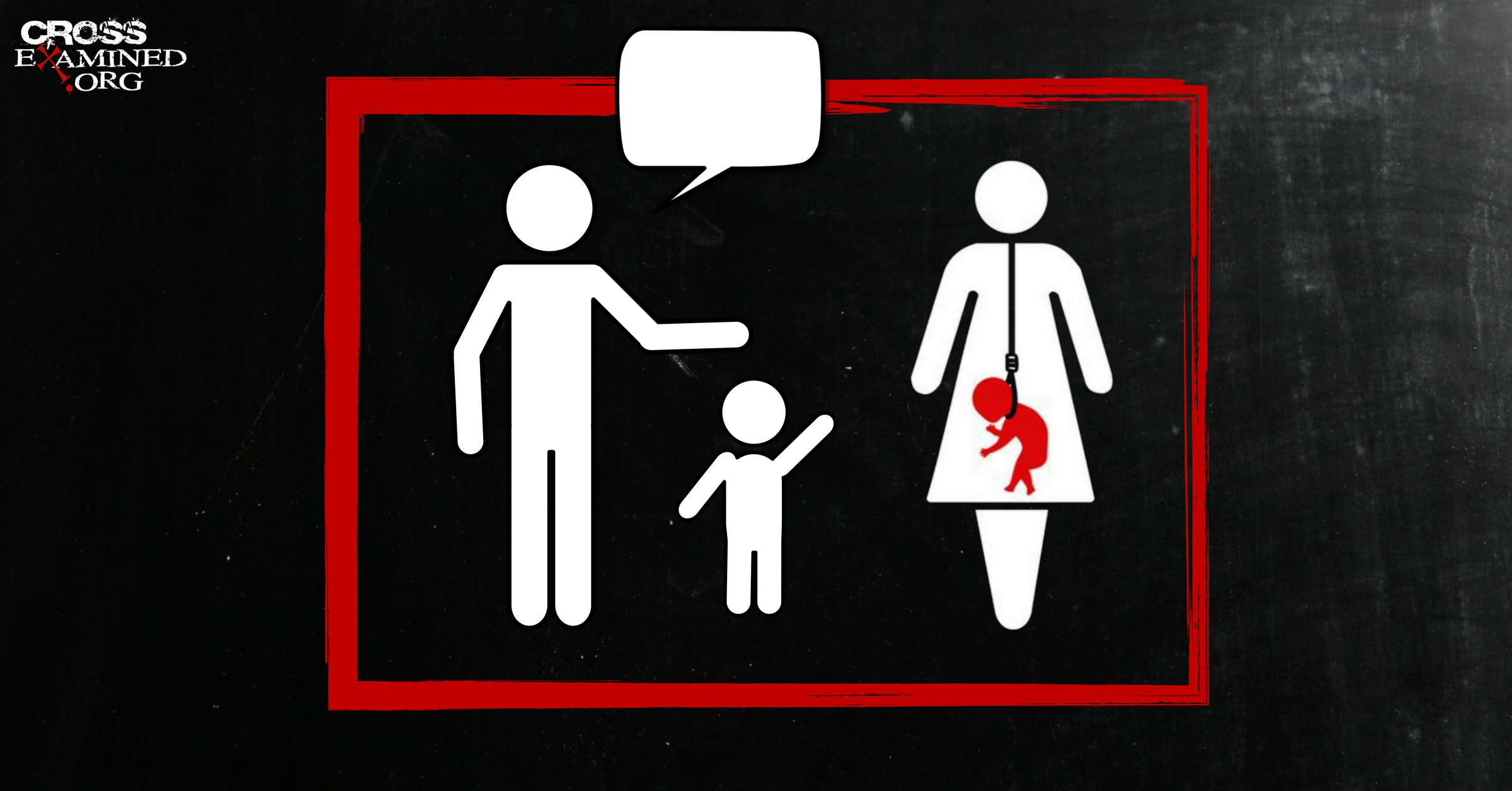
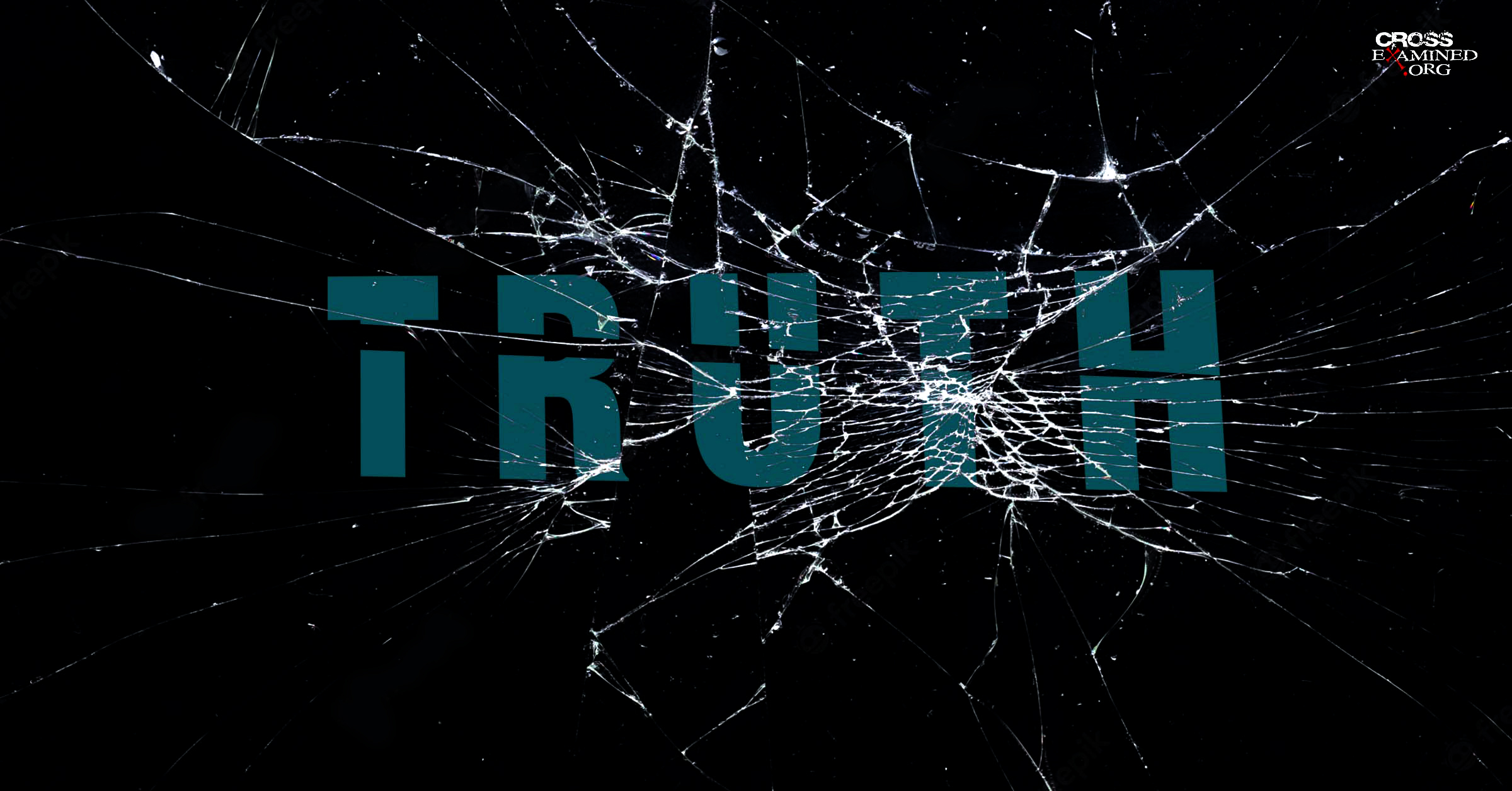






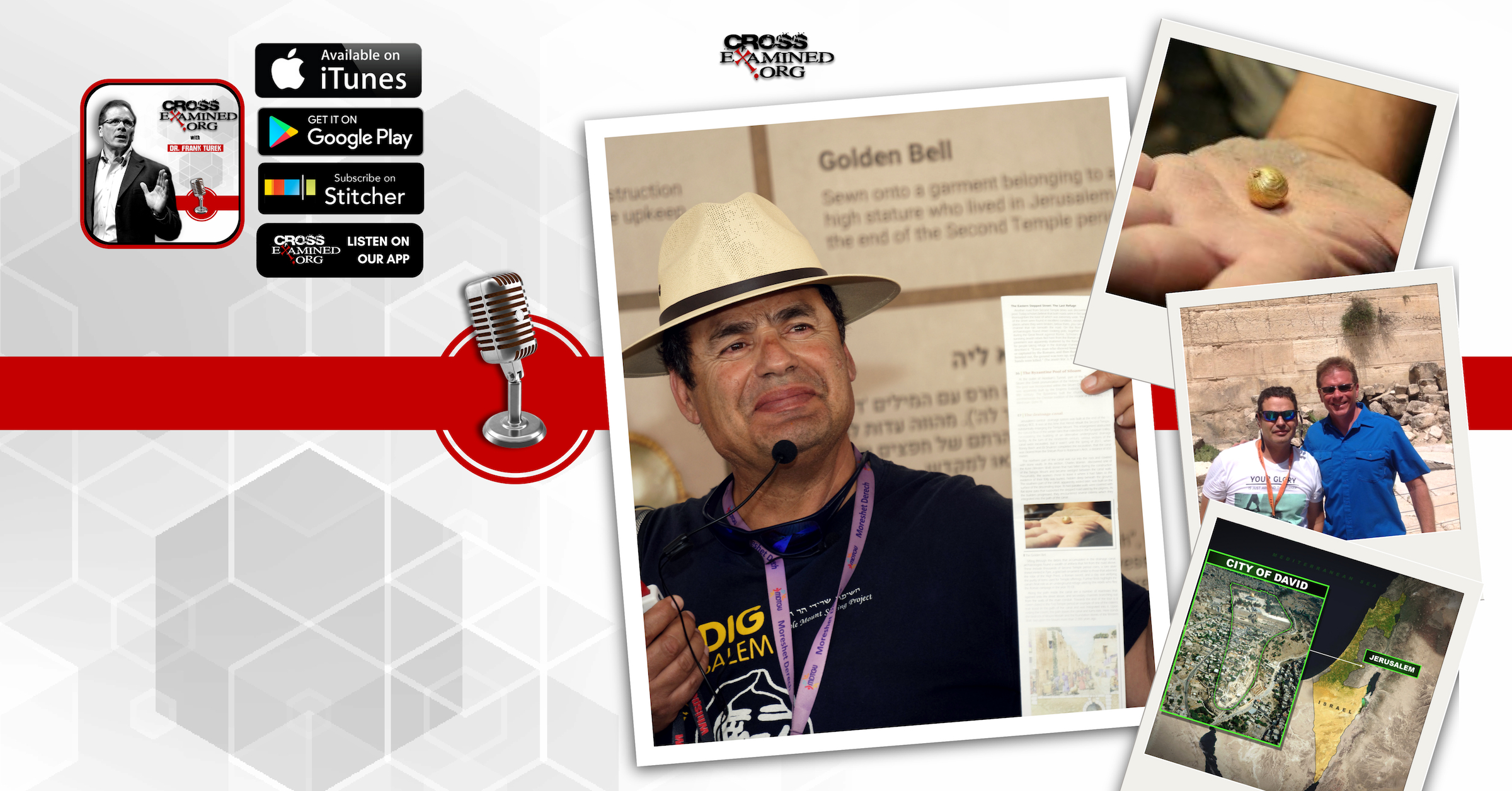
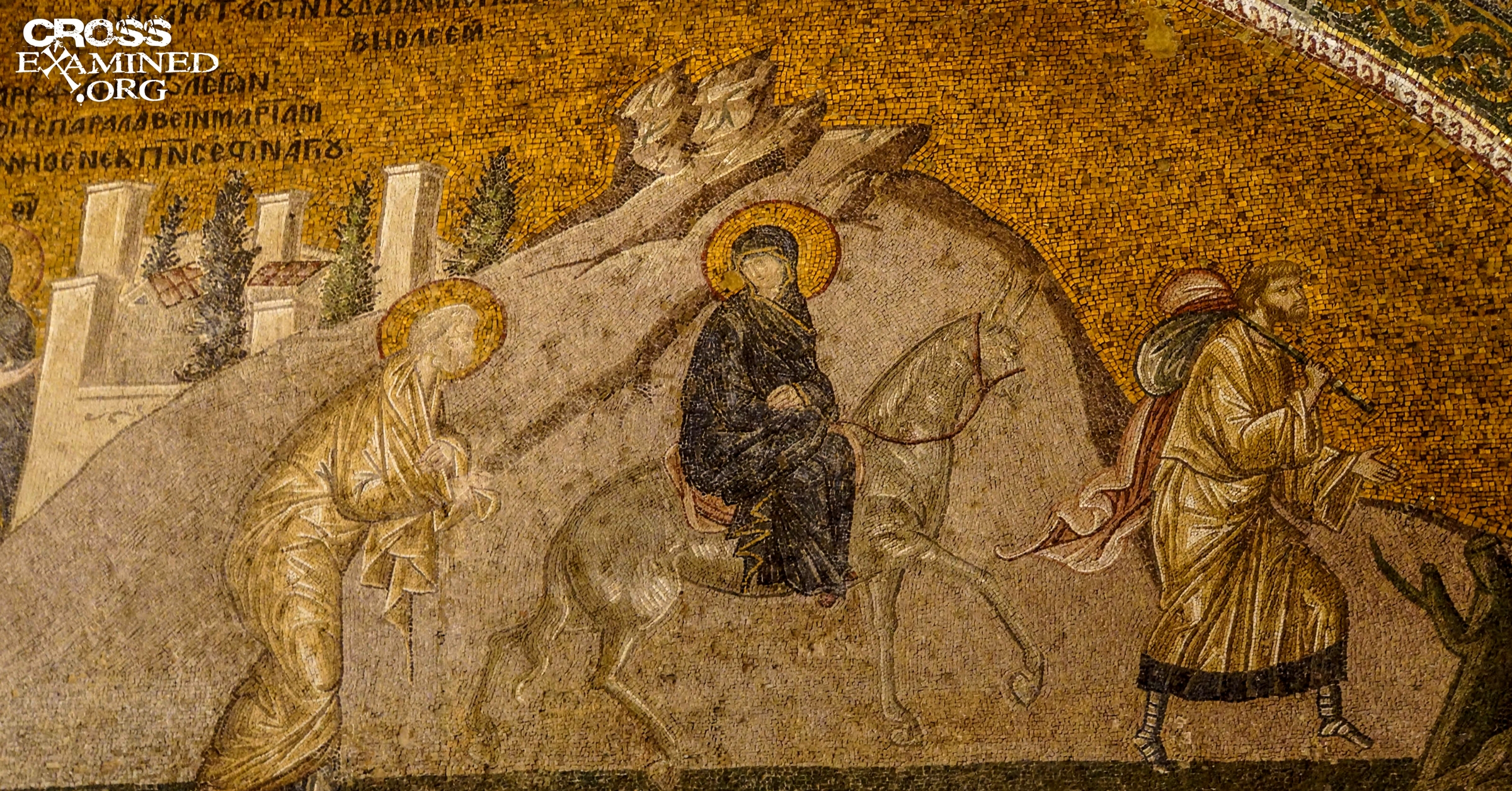
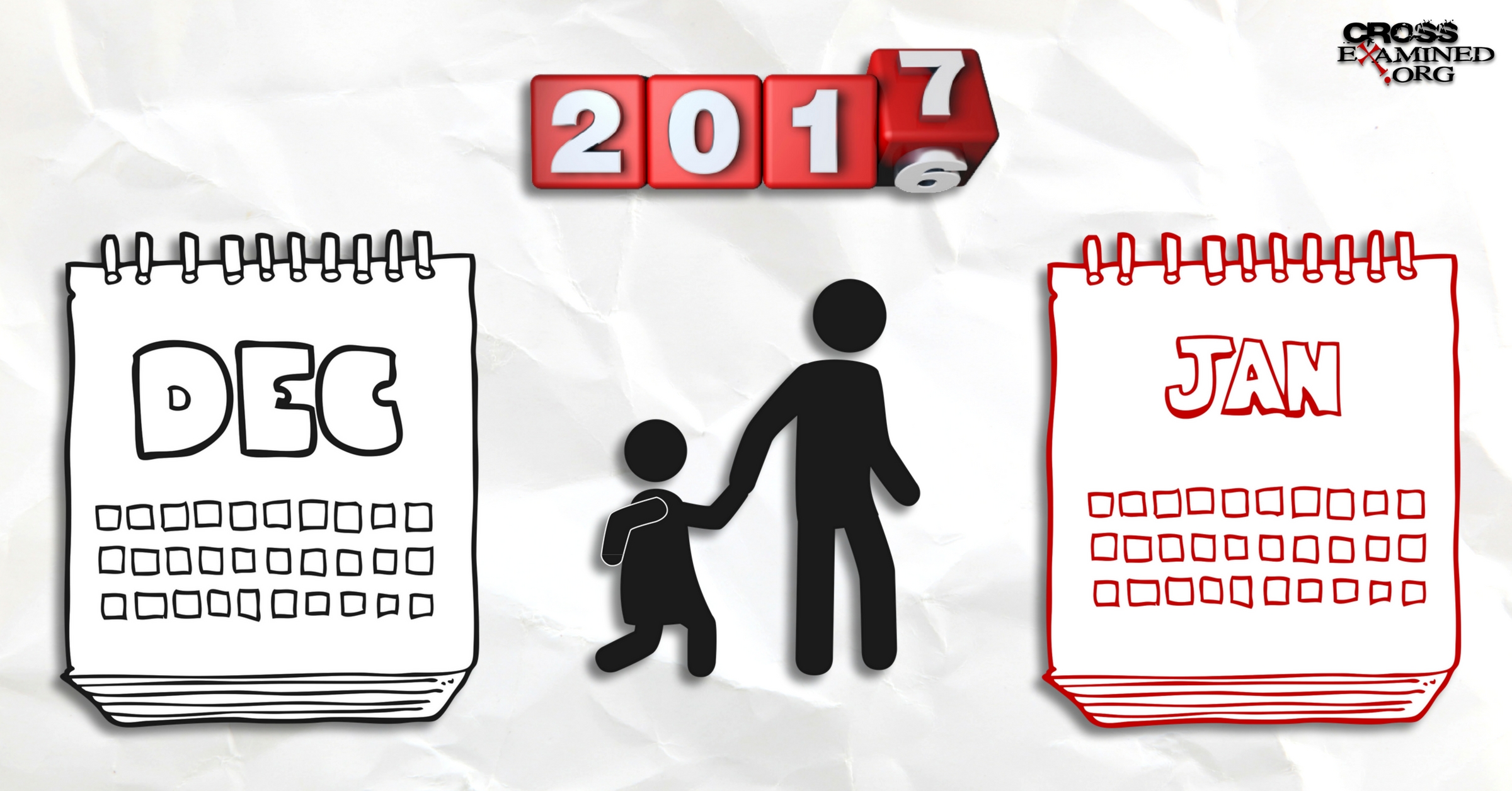
Leave a Reply
Want to join the discussion?Feel free to contribute!